19 Best Alcohol and Drug Rehabs in Asheville, NC 2025
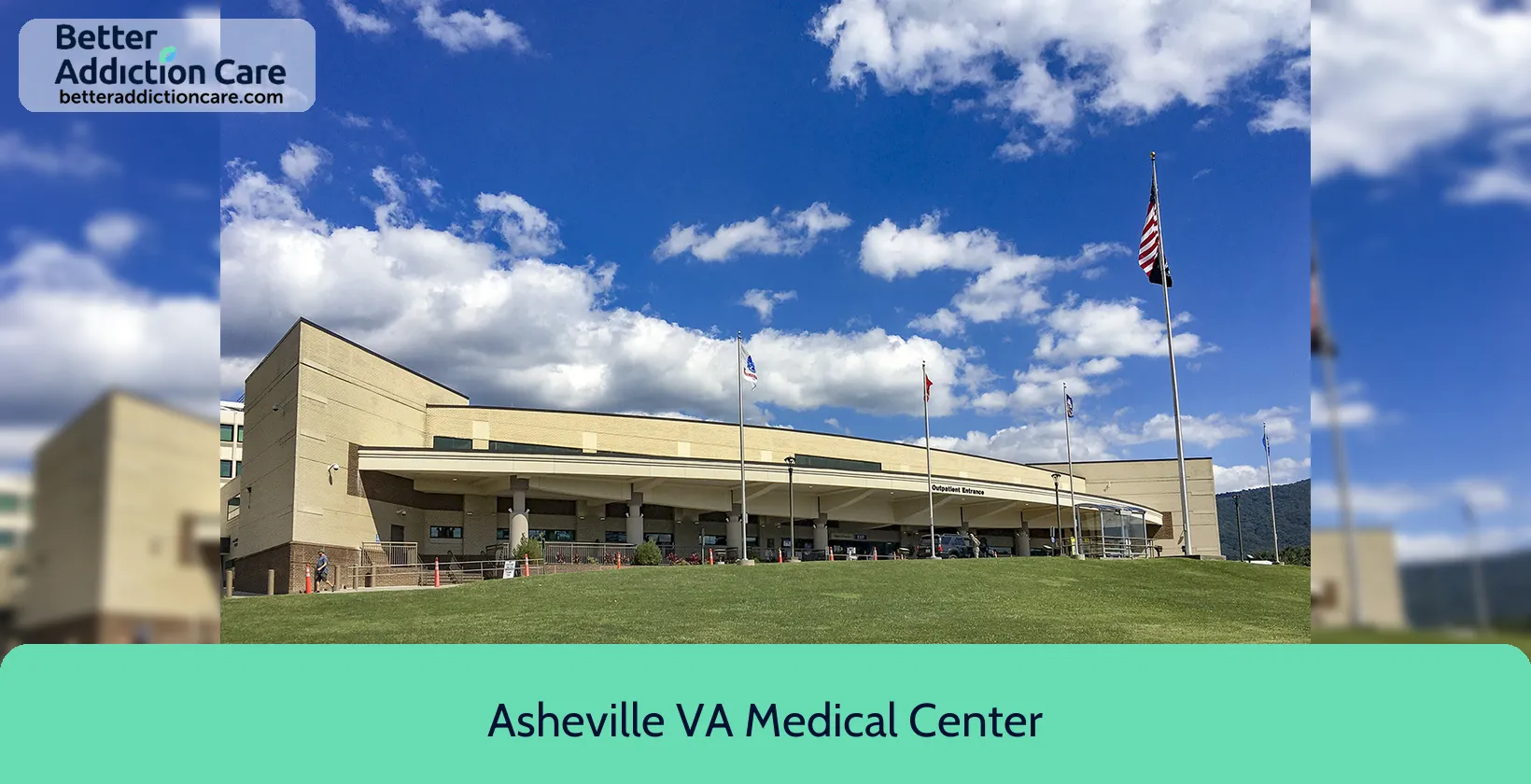
7.78
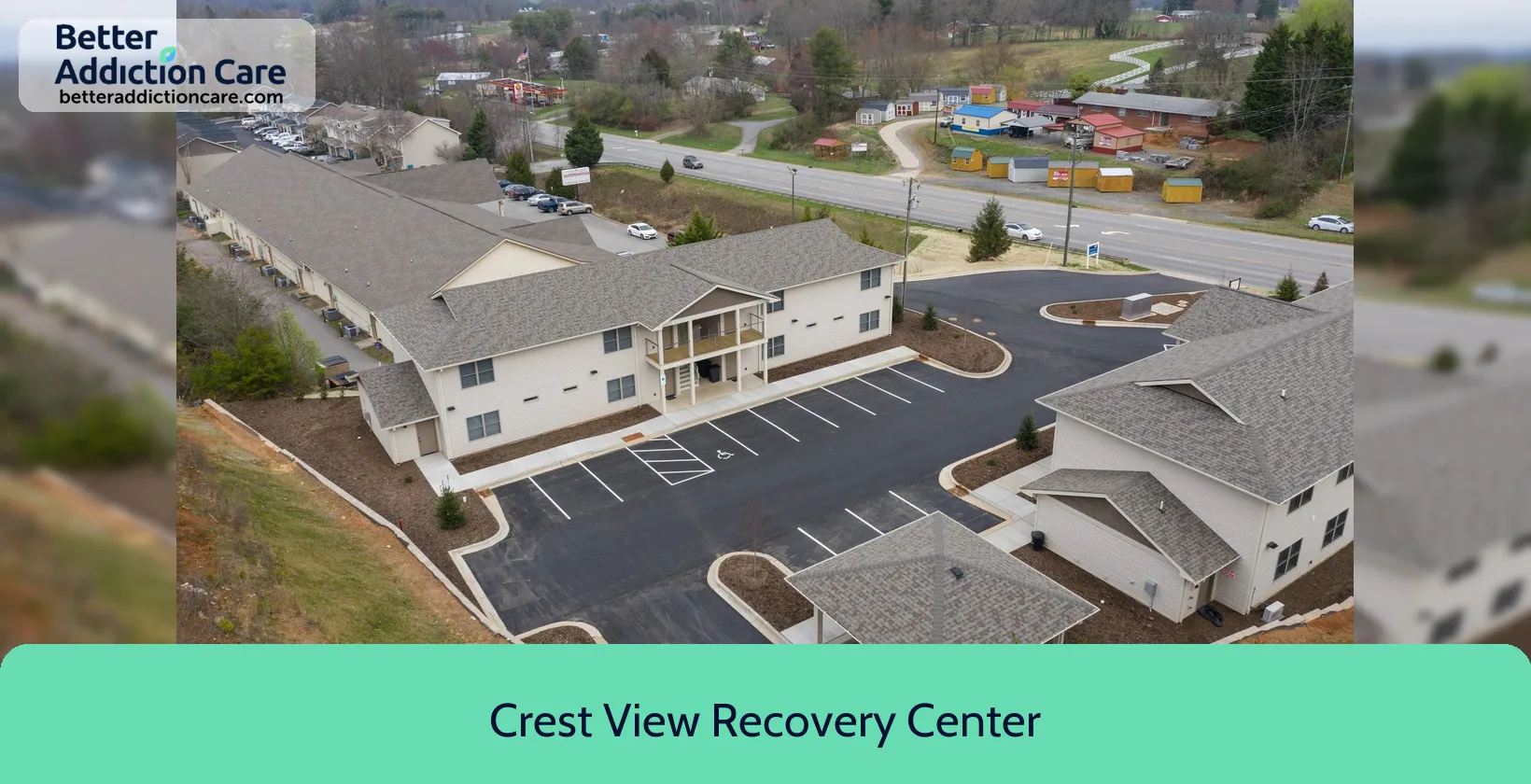
7.79
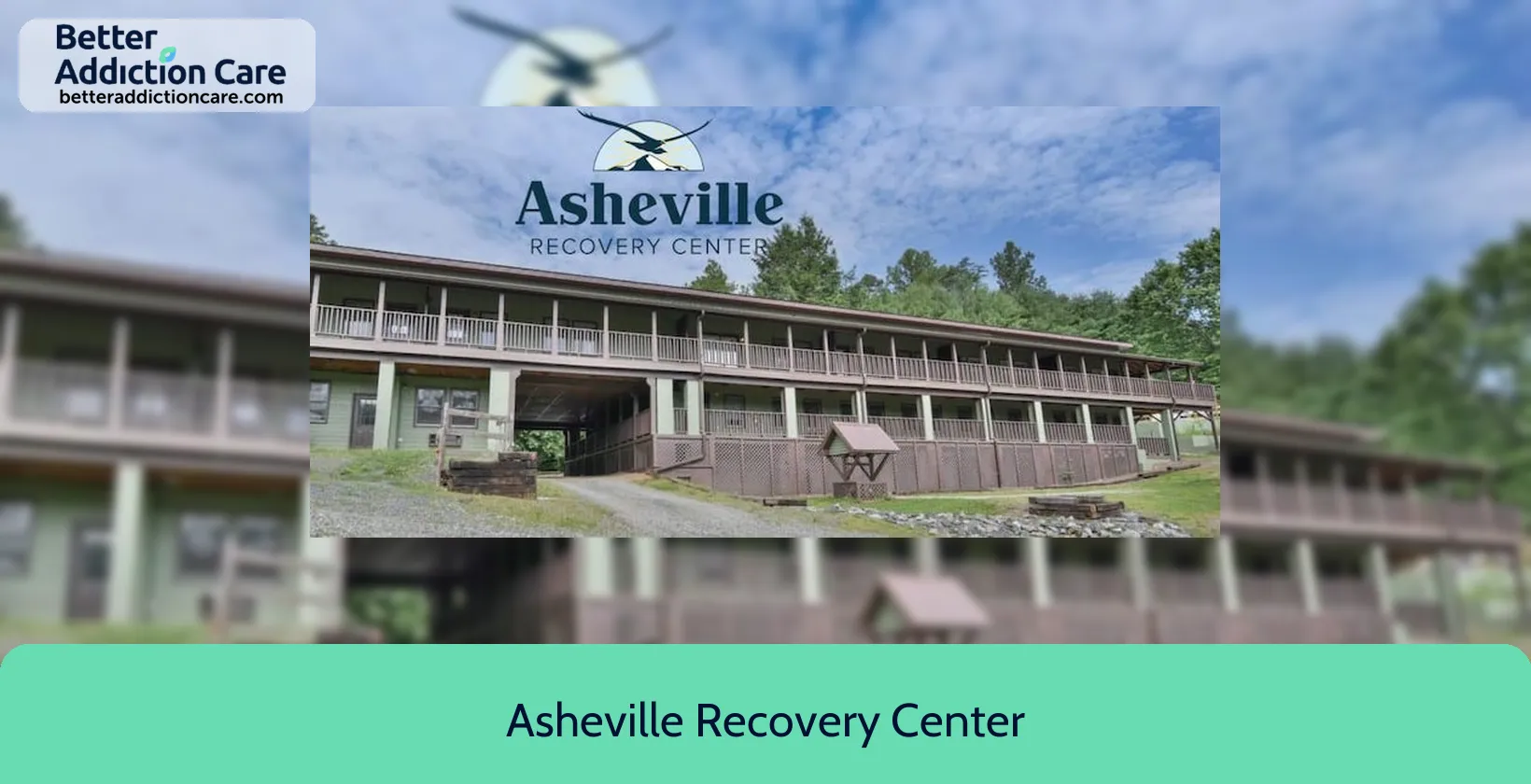
7.09

7.45
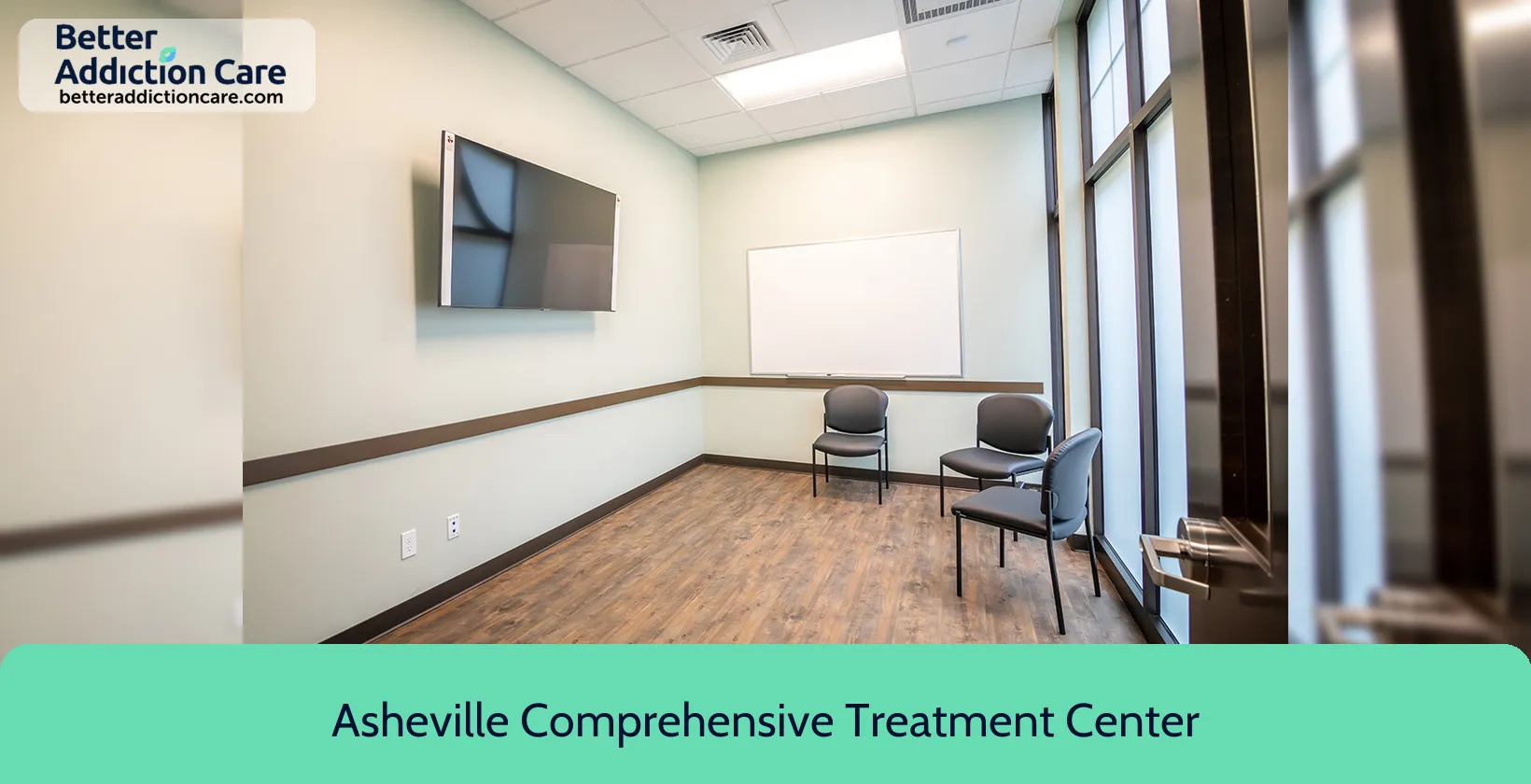
7.30
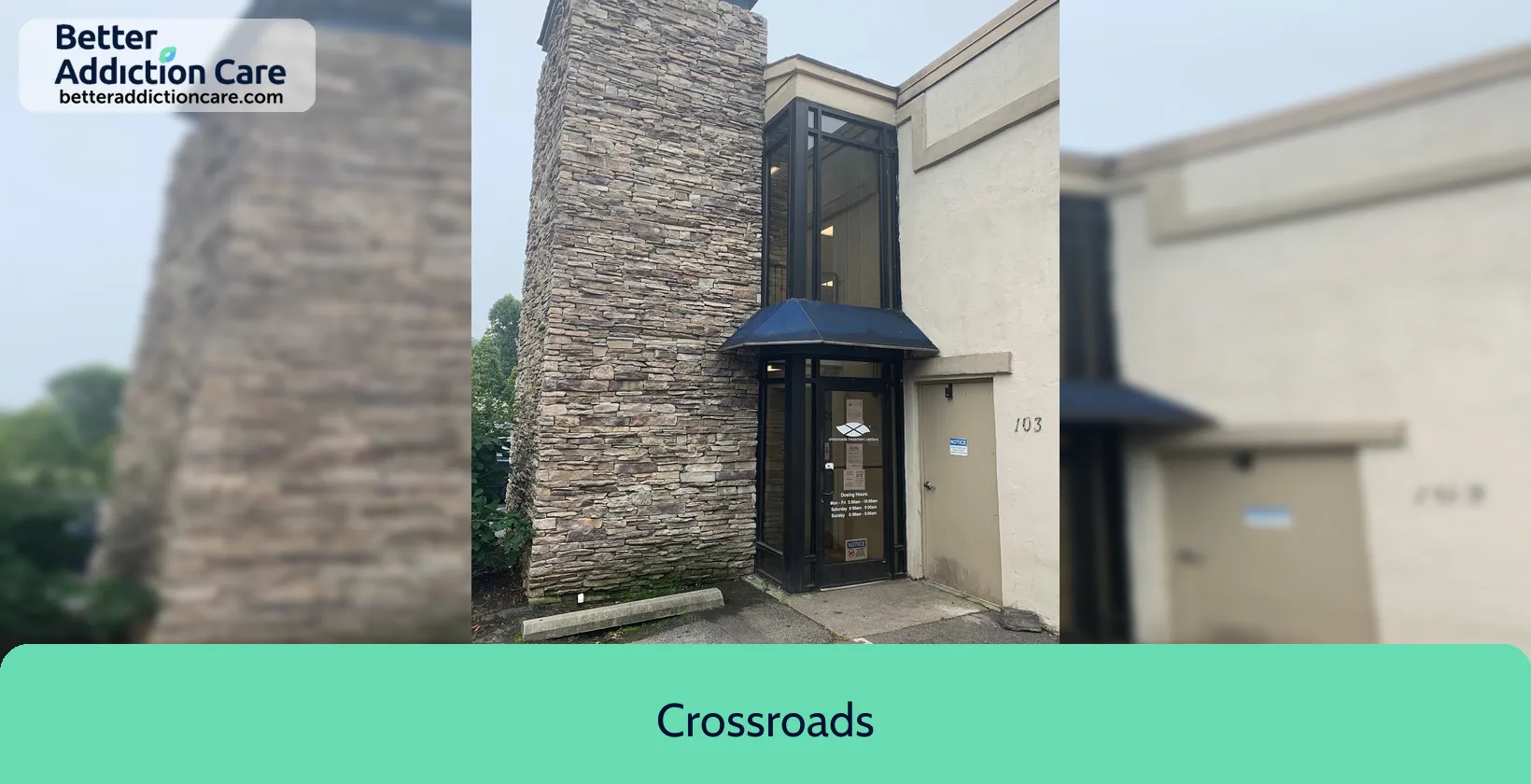
7.19
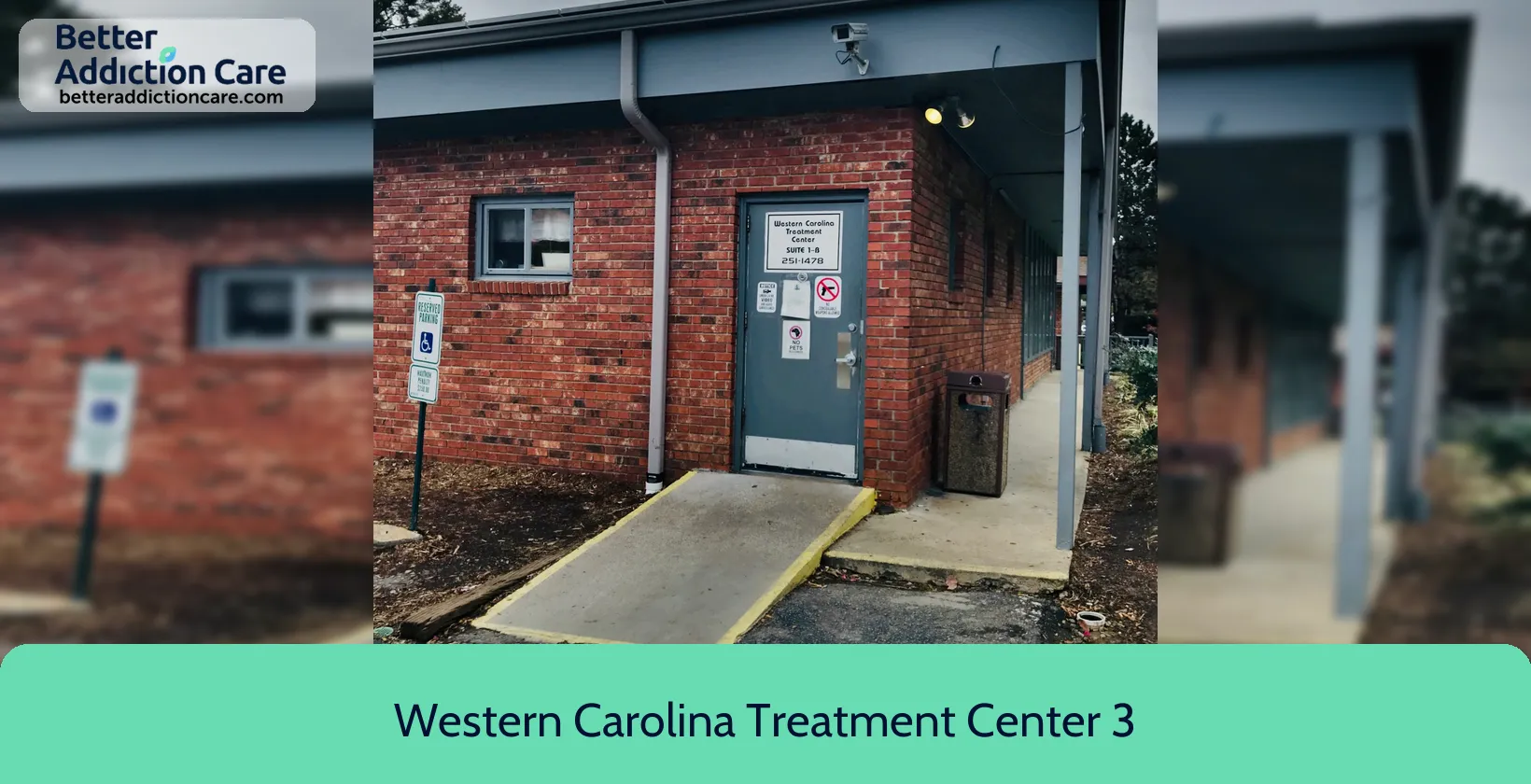
7.10
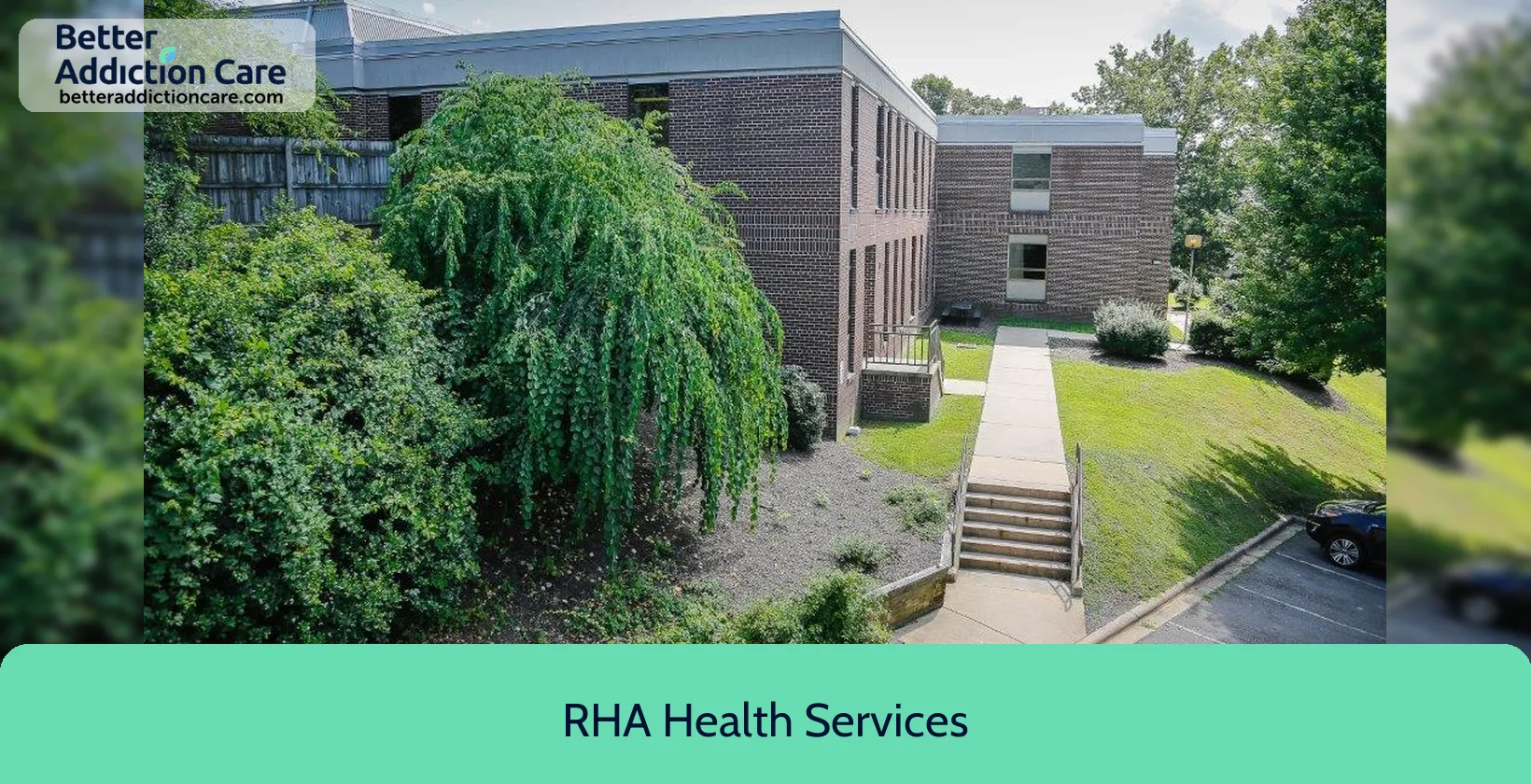
7.05
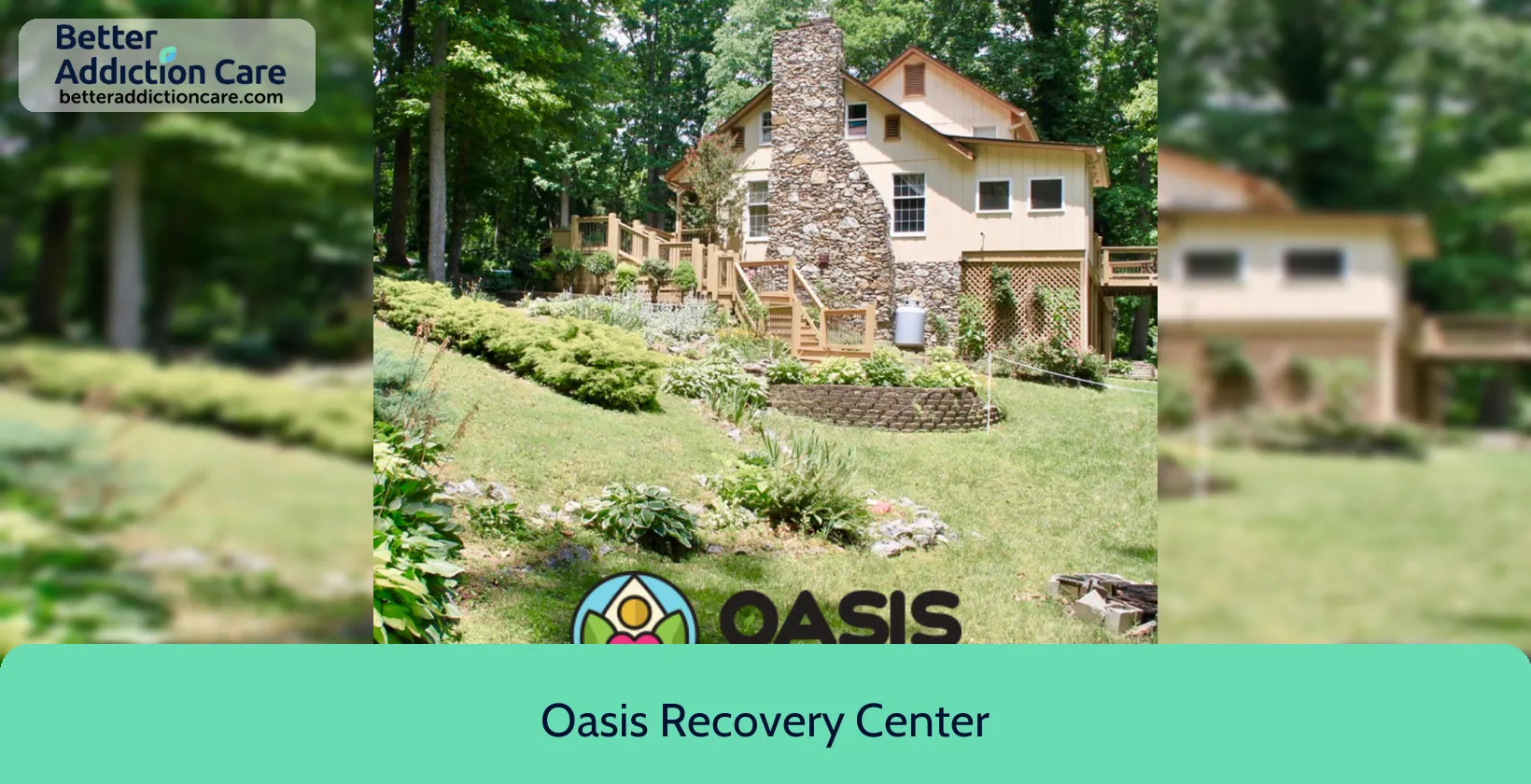
7.36

6.68
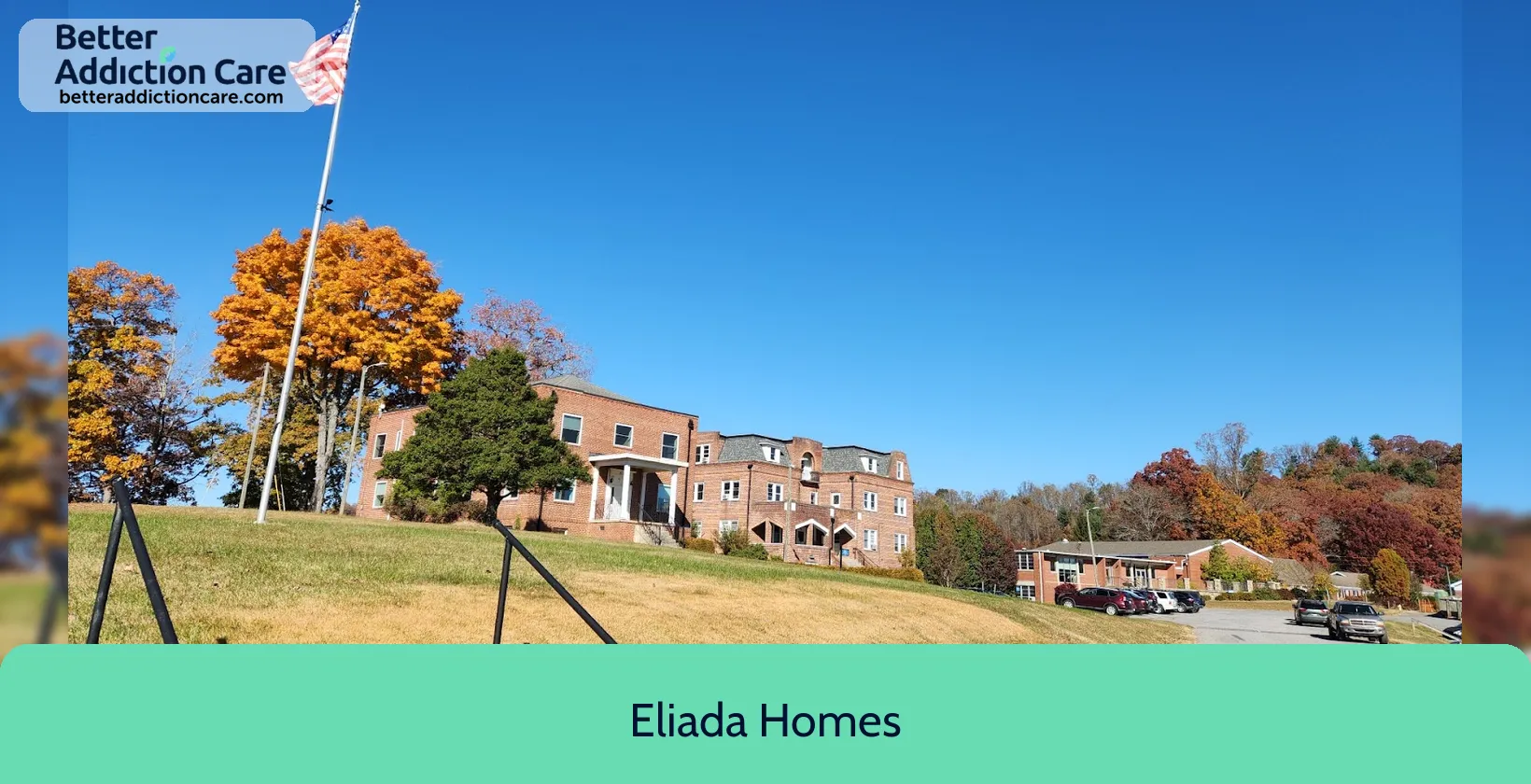
6.65

6.68

7.62

7.15

7.63

7.19

7.01

6.59

6.50
Local Rehabs in North Carolina
Common Questions About Rehab in Asheville
Take a look at our FAQ. We've tried to fill it with all the answers you're looking for. And if not, contact us on (888) 349-0436.


